Every child’s program begins with an extensive assessment to identify individual strengths and deficits across developmental domains (e.g., communication, social, cognitive, play, physical, and self-help). This assessment allows for services to be tailored, meeting the individual and unique needs of each child and family.
Assessments are conducted in the home and community on two to three different days using a variety of tools, including:
Direct observation and interaction with the child
Parent interviews
Data collection
Completion of standardized assessment protocol (e.g. Vineland-III, VB MAPP, BDI-II)
A report is written based on the results of the assessment in order to identify the child's current skill level, behavior excesses and deficits. The report also includes individualized program recommendations and goals. Once the report is reviewed with the family and/or client, services can begin.
Advanced ABA provides quality services to all families, which includes individualizing its approach to each child’s needs. Techniques from different approaches are used as needed and indicated by the child’s assessment results, treatment goals, and progression through therapy. The following are some of the methodologies used and blended in each child’s program: Naturalistic Environment Teaching (NET), Discrete Trial Teaching (DTT), Pivotal Response Training (PRT), Verbal Behavior (VB), and Treatment and Education of Autistic and Communication related handicapped Children (TEACCH).
Clinical Team
Clinical Director
Clinical Directors are Board Certified Behavior Analysts (BCBAs). They complete the initial intake and assessment, develop the child’s report with treatment goals (including behavior and parent goals), and oversee the case. They provide support, feedback, and education to the family, and regularly meet with the Behavior Consultant on the team to review programming. Directors attend Team and Parent Education Meetings, as well as attend IEP/504 Plan Meetings and collaborate with other services providers such as Speech Language Pathologists, Occupational, Therapists, Psychologists, etc.
Behavior Consultant
Behavior Consultants are BCBA Trainees who are pursuing or already hold a Master’s Degree. They monitor individualized programs and behavior plans according to the assessment reports. They write progress reports and complete weekly programming (e.g. prepare materials and behavior intervention plans, update lessons as needed, etc.) and complete weekly or biweekly direct visits to sessions.
The Behavior Consultant provides ongoing evaluation, support, training, and feedback to Behavior Technicians to ensure quality services. Consultants also provide parent support, education, and feedback to address family participation. Consultants schedule Team and Parent Education Meetings regularly, as well as attend IEP/504 Plan Meetings and collaborate with other services providers such as Speech Language Pathologists, Occupational, Therapists, Psychologists, etc.
Senior Behavior Technician
Senior Behavior Technicians are highly skilled Technicians who help train fellow Technicians. They assist Behavior Consultants with creating materials and overlapping at sessions when the Behavior Consultant is not available. They also sub at sessions if the regularly scheduled Behavior Technician calls in sick or requests time off in advance.
Behavior Technician
Behavior Technicians facilitate the one-on-one sessions and implement individualized programs and behavior plans as specified by the Behavior Consultant or Clinical Director. They document all aspects of therapy for the adequate progression of a child’s program.
Initial Assessment (includes parent interviews, home & school observation, direct testing, report writing/development of goals, and debrief/review of report)
Program Development
Behavior Consultation
Parent Education
Parent Training
Functional Skills Teaching, including:
Functional Communication Skills
Self-help Skills
Cognitive Skills
Imitation Skills
Play and Socialization Skills
Fine and Gross Motor Skills
Community and Safety Skills
Pre-academic (readiness) Skills
Routines and Transitions
Generalization Programs
Generalization
Behavior Intervention Plans

